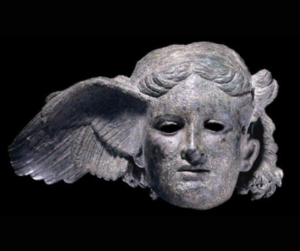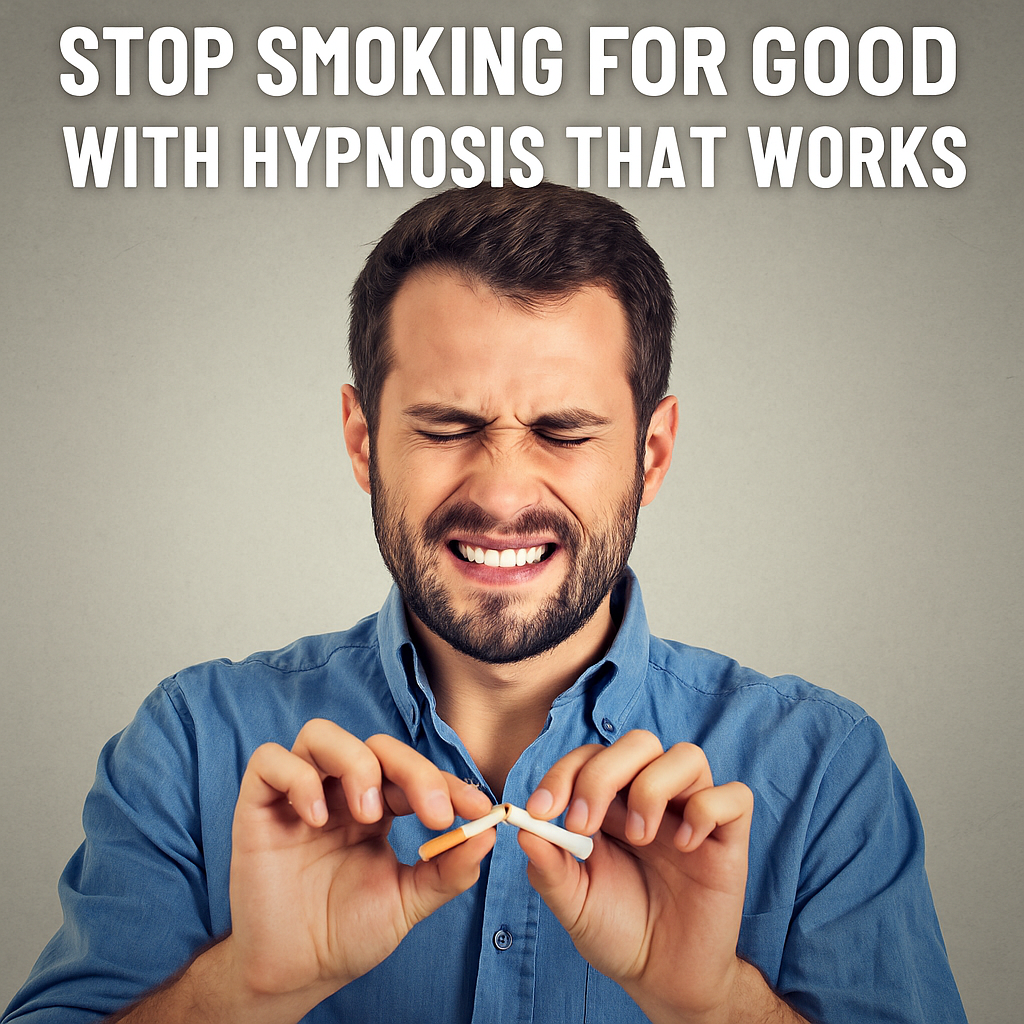Hypnos: The God of Sleep and Its Influence on Anxiety
In the realm of Greek mythology, Hypnos reigns as the deity of sleep, wielding power over the tranquil realm of dreams and the restorative embrace of slumber. But beyond ancient lore, the concept of Hypnos holds significance in modern discussions surrounding anxiety and its intricate relationship with sleep. This article delves into the mythological origins of Hypnos and explores how understanding the essence of sleep can offer profound insights into managing anxiety.

In Greek mythology, Hypnos, the son of Nyx (night) and Erebus (darkness), personifies the gentle embrace of sleep. Depicted as a serene figure with wings on his temples and shoulders, Hypnos is often accompanied by his twin brother, Thanatos, the personification of death. Together, they usher mortals into the peaceful realm of sleep, providing respite from the trials and tribulations of waking life.
While Hypnos symbolizes tranquility and rest, the relationship between sleep and anxiety is complex. For many individuals, anxiety can disrupt the delicate balance of sleep, leading to insomnia, nightmares, and restless nights. Conversely, insufficient or poor-quality sleep can exacerbate feelings of anxiety, creating a vicious cycle that perpetuates mental and emotional distress.
Navigating the Interplay Between Sleep and Anxiety
Understanding the interplay between sleep and anxiety is crucial for effectively managing both aspects of mental health. Incorporating strategies to promote restful sleep can help alleviate anxiety symptoms and improve overall well-being.
Some techniques to consider include:
- Establishing a Consistent Sleep Routine: Maintaining a regular sleep schedule can help regulate the body’s internal clock, promoting more restorative sleep and reducing anxiety-related sleep disturbances.
- Creating a Relaxing Sleep Environment: Designing a calm and tranquil sleep environment can enhance sleep quality and reduce anxiety levels. Consider dimming lights, minimizing noise, and investing in comfortable bedding to optimize your sleep space.
- Practicing Relaxation Techniques: Incorporating relaxation techniques such as deep breathing, meditation, or progressive muscle relaxation before bedtime can help calm the mind and prepare the body for sleep.
- Limiting Stimulants and Electronics: Avoiding stimulants like caffeine and electronic devices before bedtime can help mitigate sleep disruptions and promote a more restful sleep experience.
- Seeking Professional Support: If anxiety-related sleep disturbances persist, consider seeking support from a mental health professional who can provide personalized guidance and treatment options tailored to your needs.
As we navigate the intricate dance between sleep and anxiety, the mythological figure of Hypnos serves as a timeless reminder of the restorative power of slumber. By honoring the importance of sleep and implementing strategies to promote restful nights, we can cultivate a sense of peace and resilience in the face of anxiety’s challenges.
Embrace the essence of Hypnos, the god of sleep, and embark on a journey toward greater tranquility and well-being. Together, let us unravel the mysteries of sleep and anxiety, finding solace in the realm of dreams and the promise of a new dawn.
*If you are struggling with sleep, try my Sound Sleep Hypnosis Audio Program.
*For a deeper dive into your anxiety, get a FREE copy of my program, The Power of Your Unconscious Mind. It will explain where the anxiety comes from and how we can get rid of it.
The post Hypnos: The God of Sleep and Its Influence on Anxiety first appeared on Indy Hypnosis Center.



